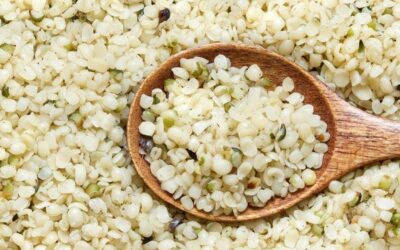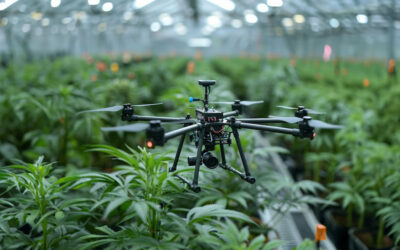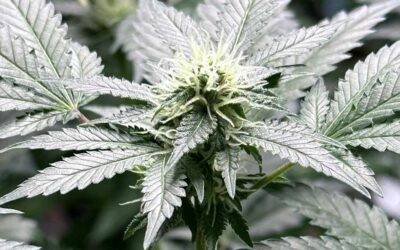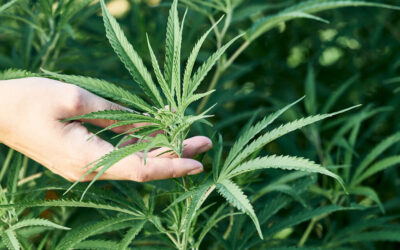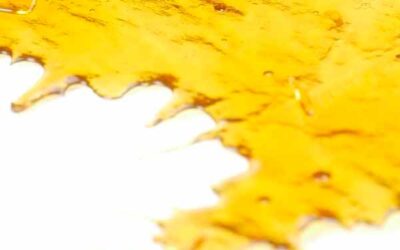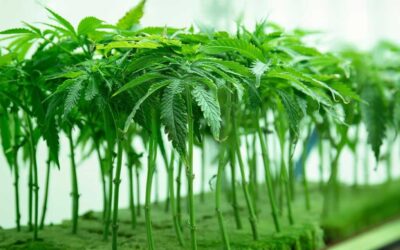
Hemp for Victory
In the chronicles of history, amid World War II’s chaos and devastation, an unlikely hero emerged – hemp.
The versatile and resilient cannabis plant played a crucial role in the war effort, as nations faced shortages of critical resources. From ropes to uniforms, parachutes to propaganda, hemp became synonymous with victory, earning its place in the historical narrative as “Hemp for Victory.”
Hemp: Answering the Call of War
In the early 1940s, as the war raged on, traditional sources of raw materials became increasingly scarce. Natural fibres like cotton and jute were in high demand for military equipment, leaving a void in the supply chain. Recognising the urgent need for an alternative, governments turned to hemp, a plant with a long history of use in textiles and industry.
The “Hemp for Victory” Initiative
The United States, in particular, embarked on a nationwide hemp cultivation campaign, spurred by the famous “Hemp for Victory” initiative. Despite decades of prohibition and stigma surrounding cannabis, the government encouraged farmers to grow hemp for the war effort. In 1942, the U.S. Department of Agriculture released a propaganda film titled “Hemp for Victory,” urging farmers to sow hemp seeds to support the war.
A Nationwide Response
The response was overwhelming. Across the country, farmers answered the call, dedicating acres of land to hemp cultivation. From Kentucky to California, hemp fields stretched as far as the eye could see, fuelling a burgeoning industry that supplied the military with essential materials. Hemp became the backbone of the American war machine, providing fibre for ropes, cloth for uniforms, and oil for lubricants.


